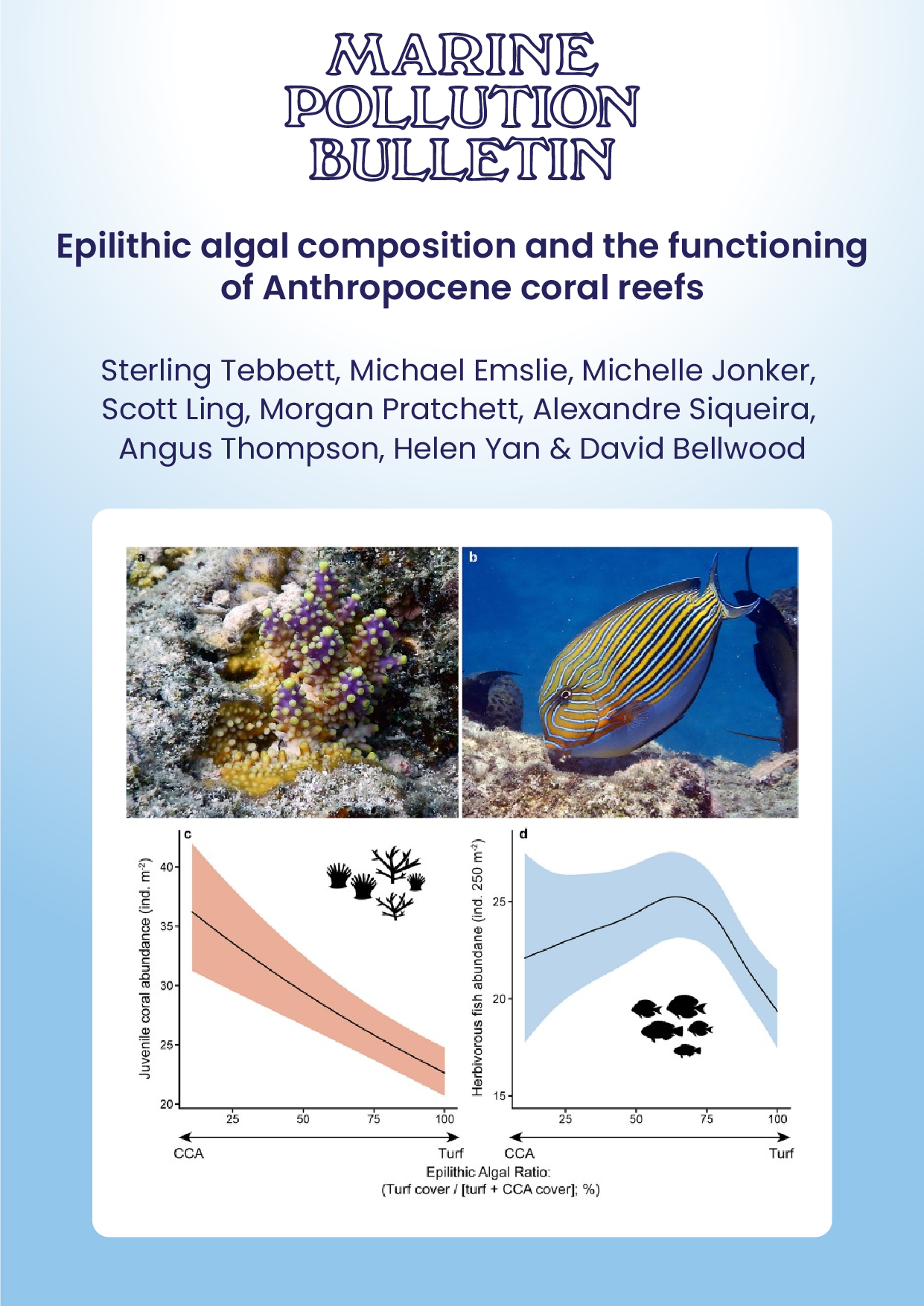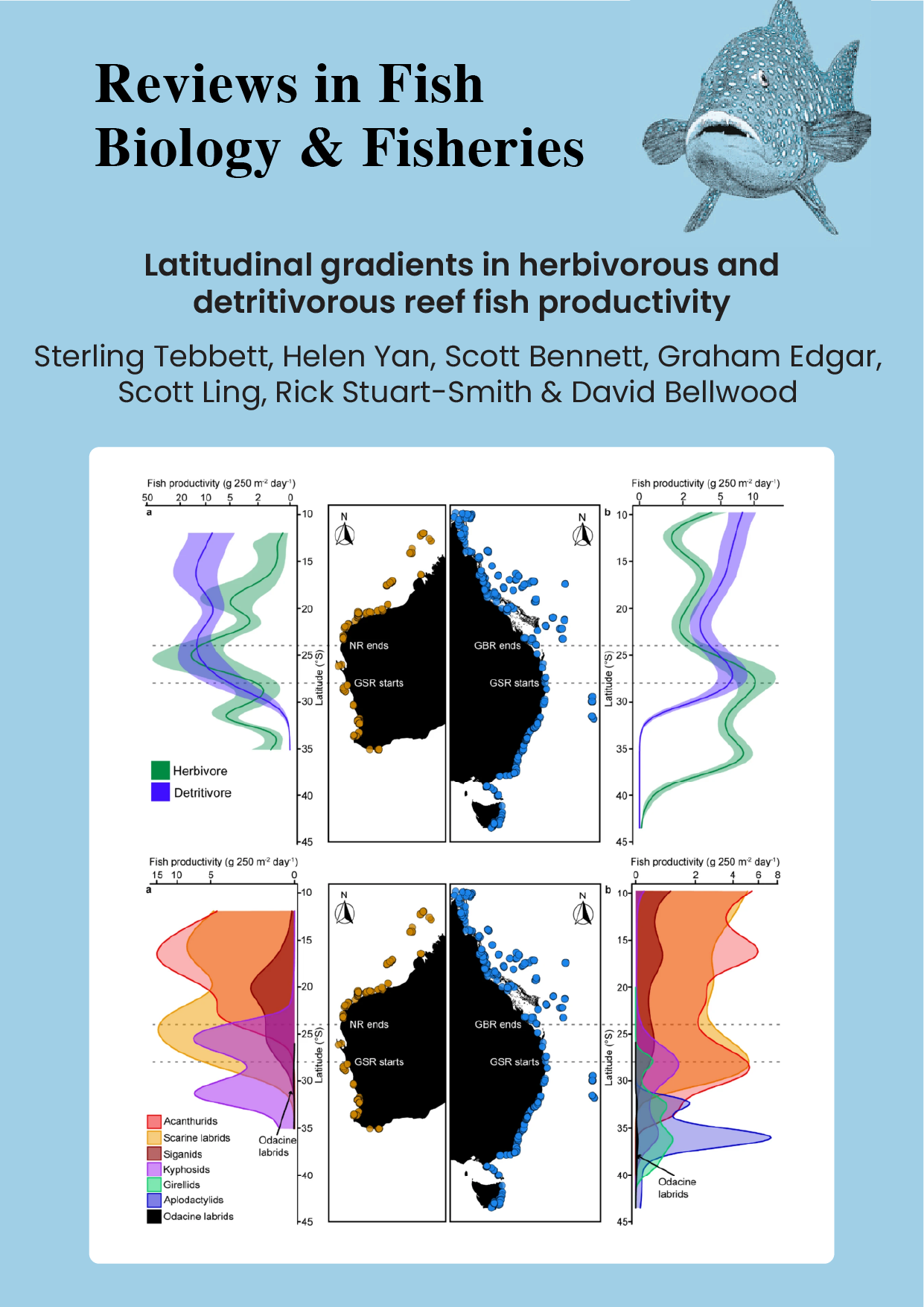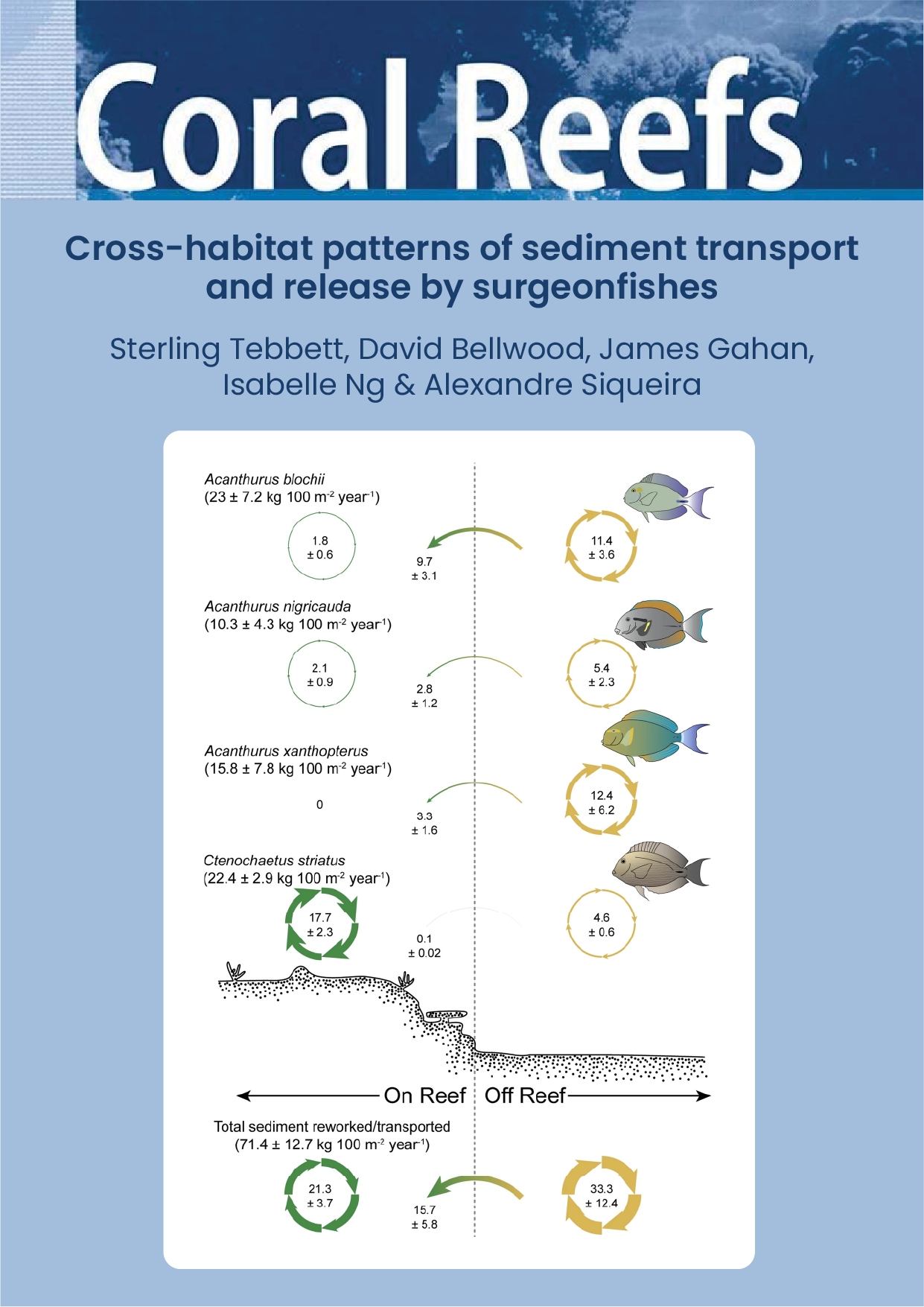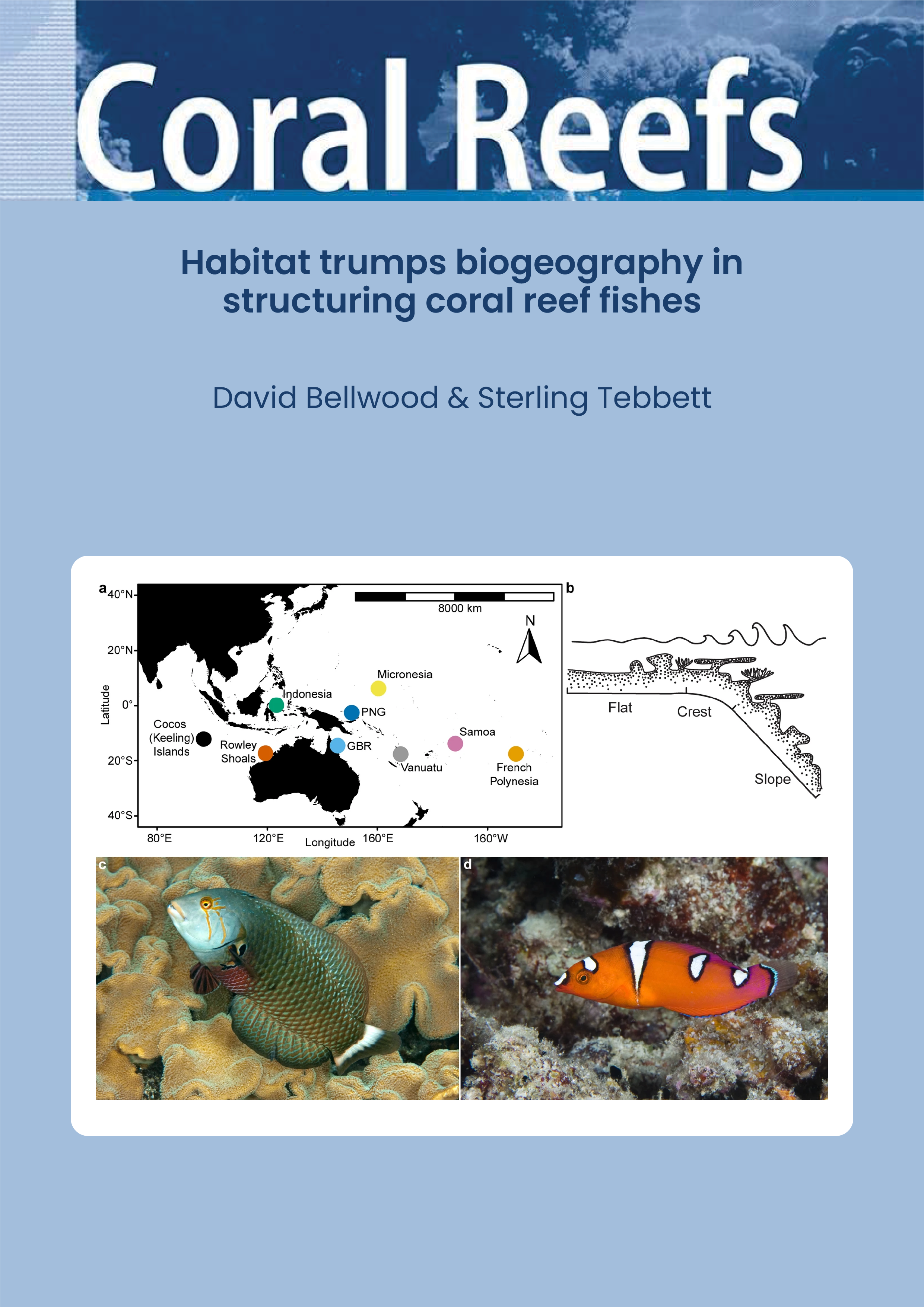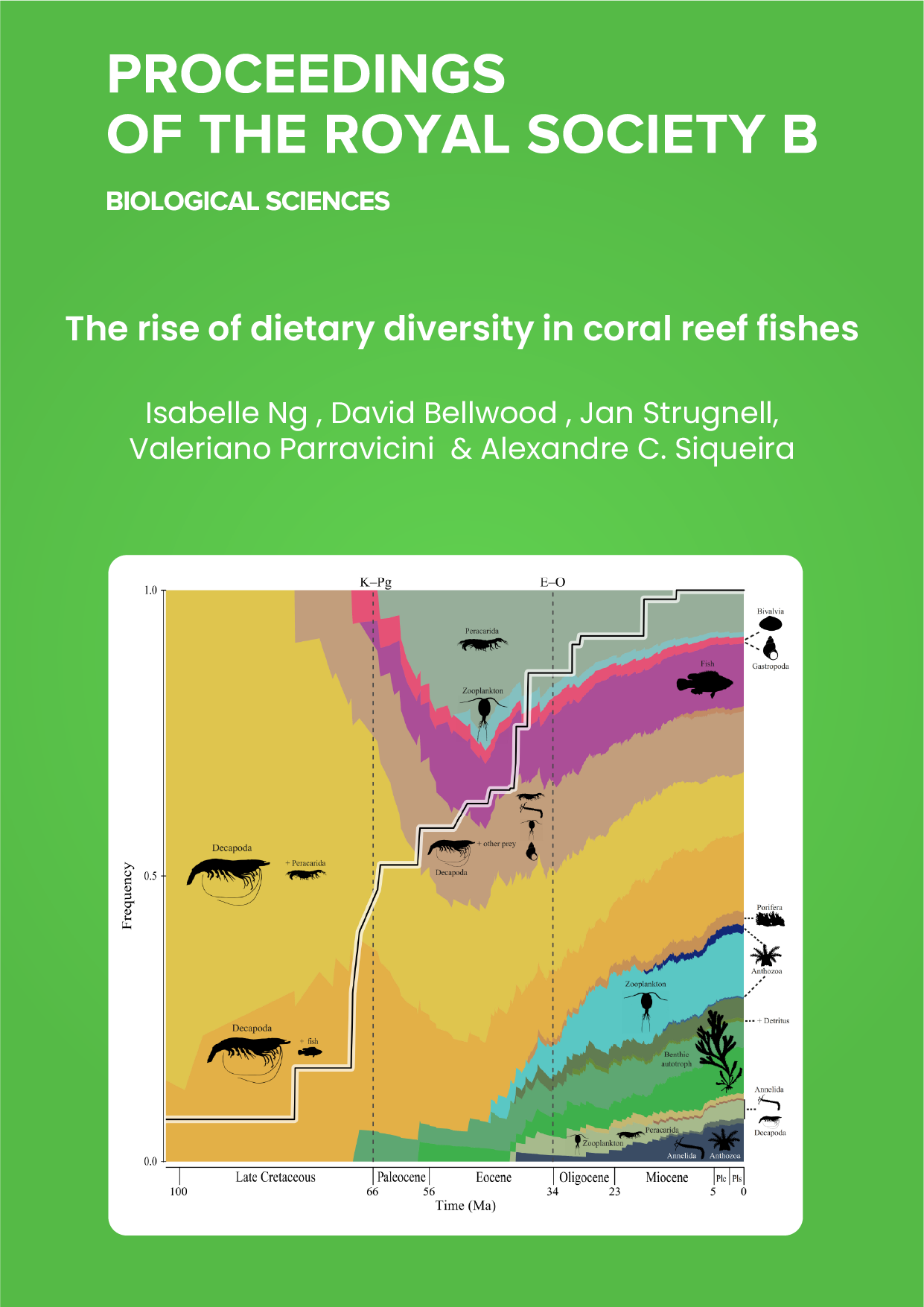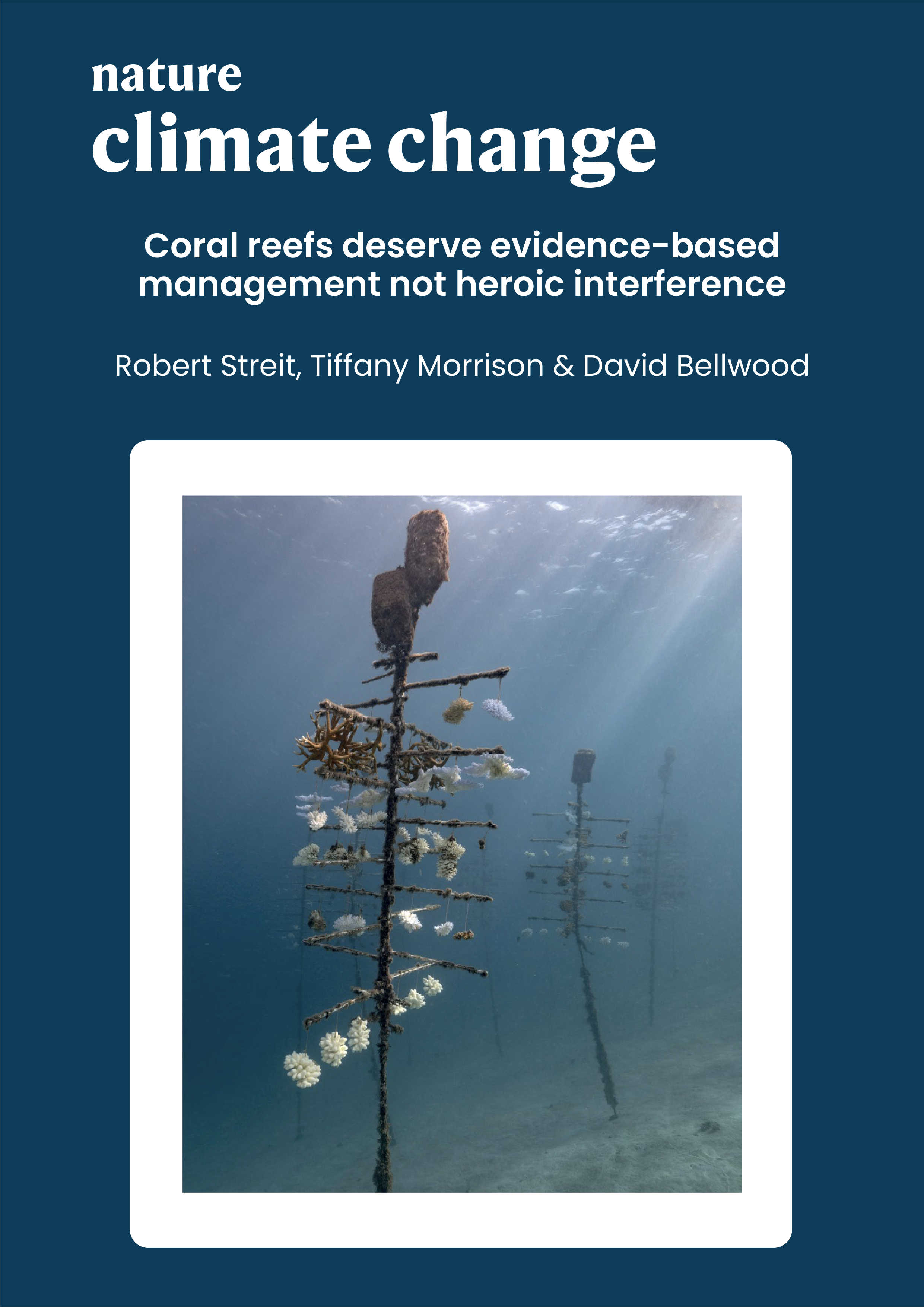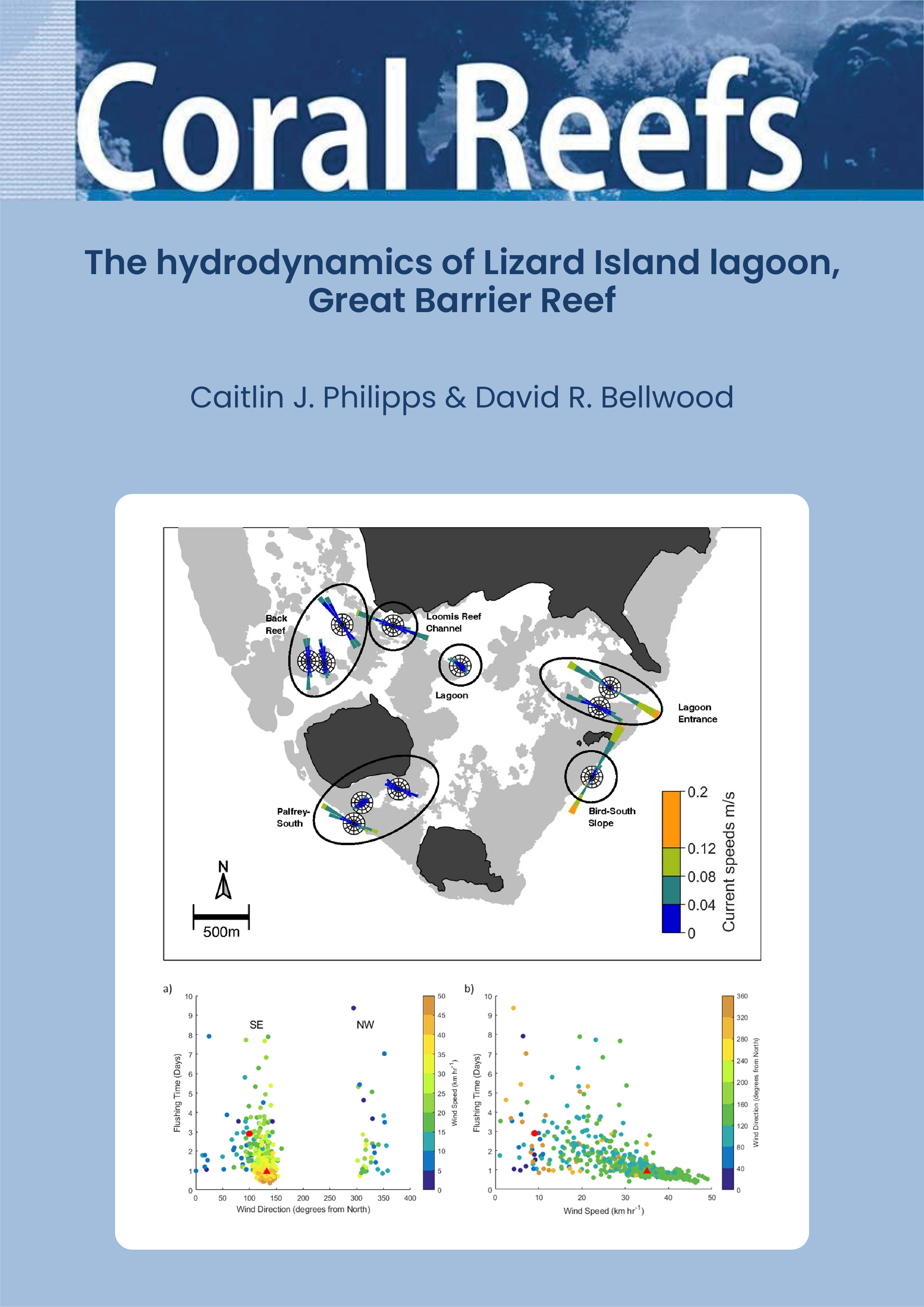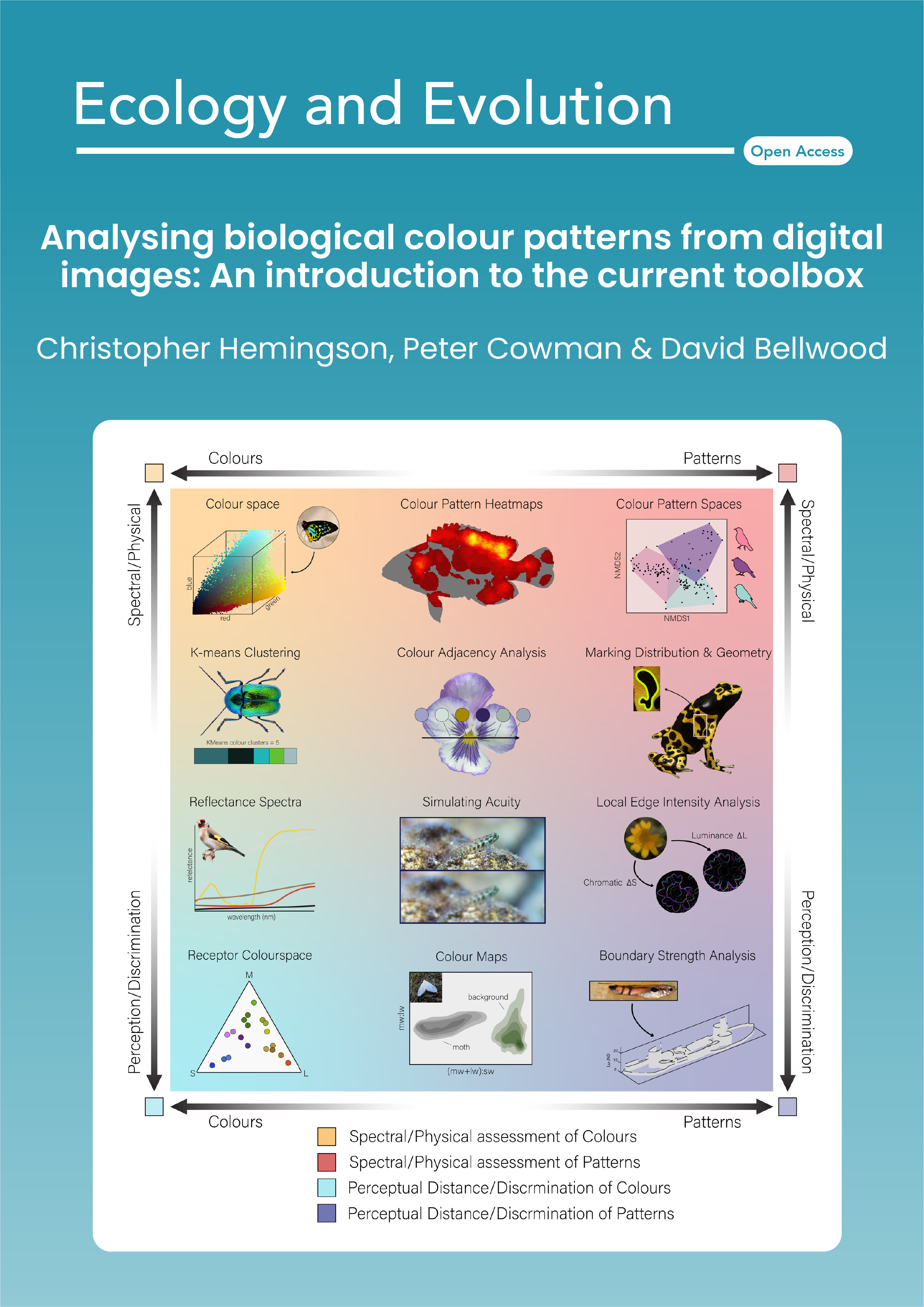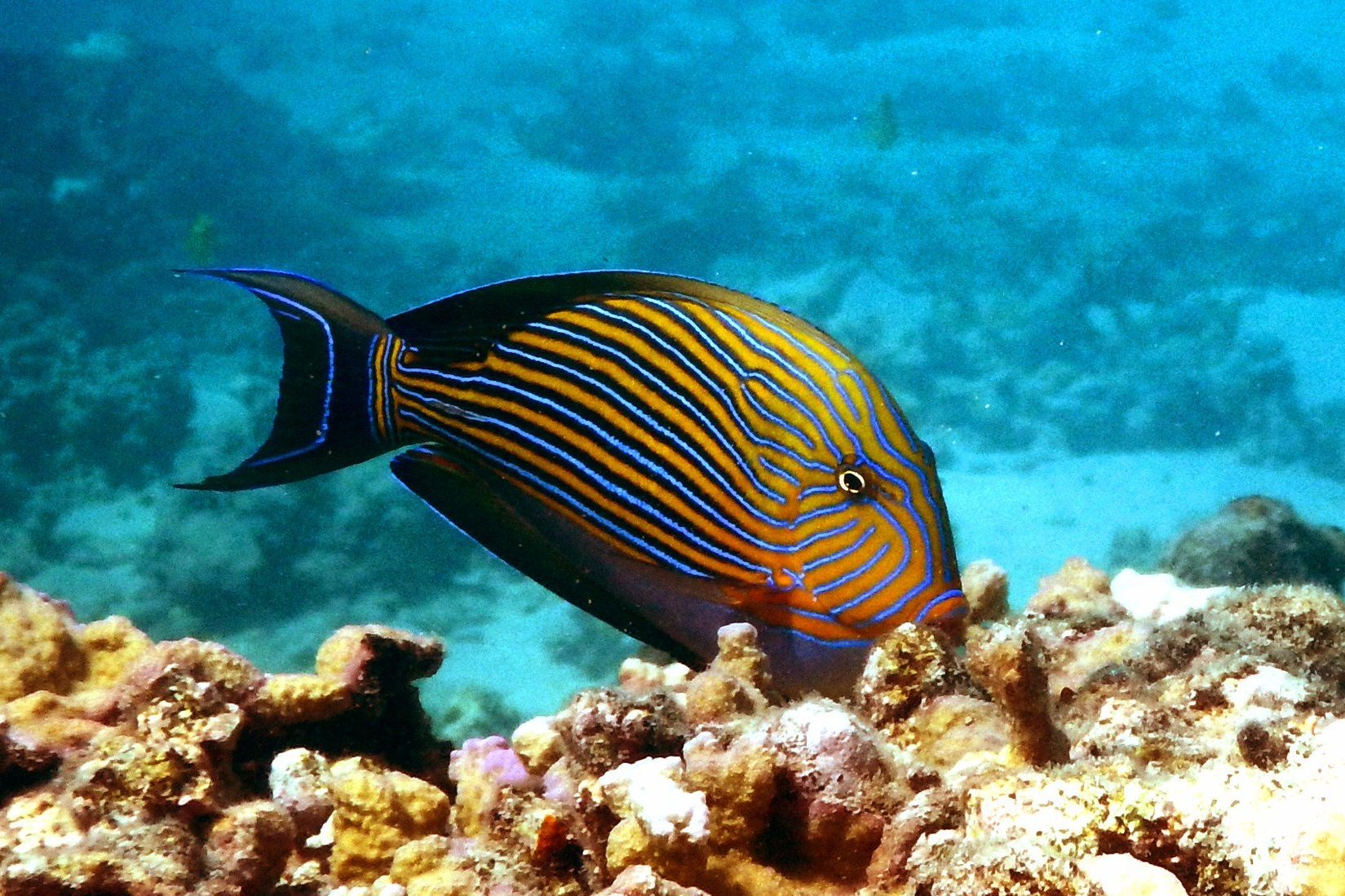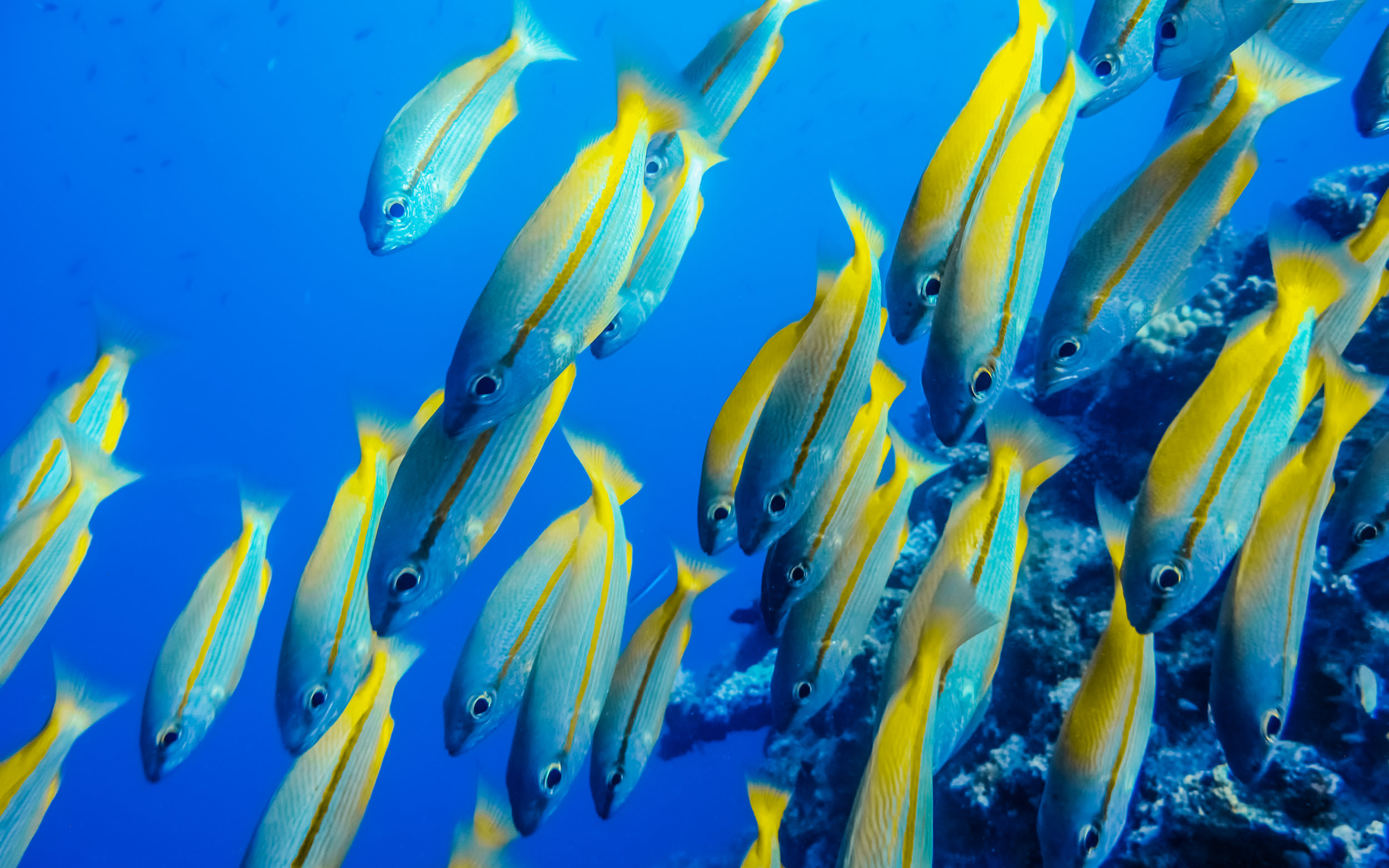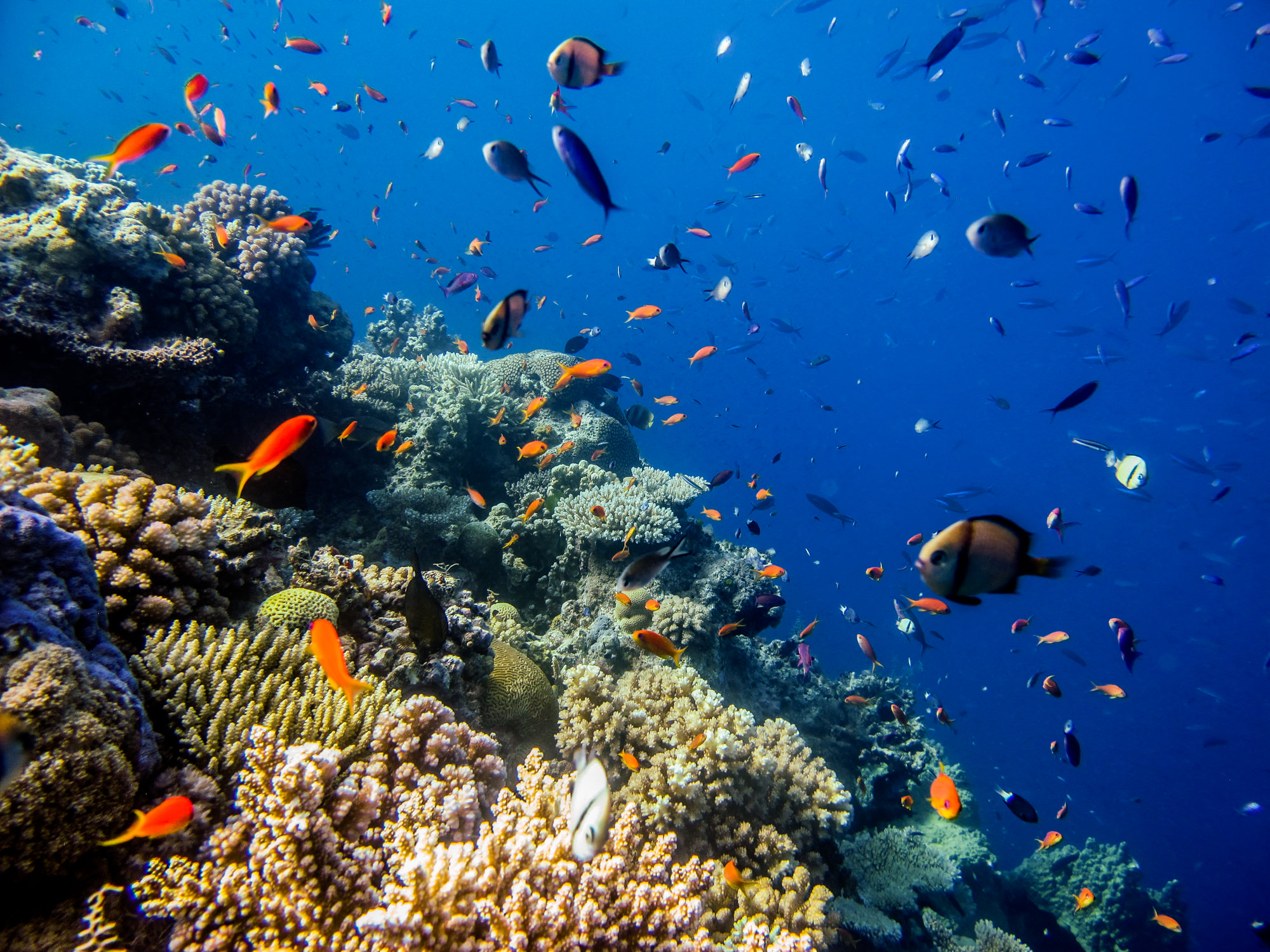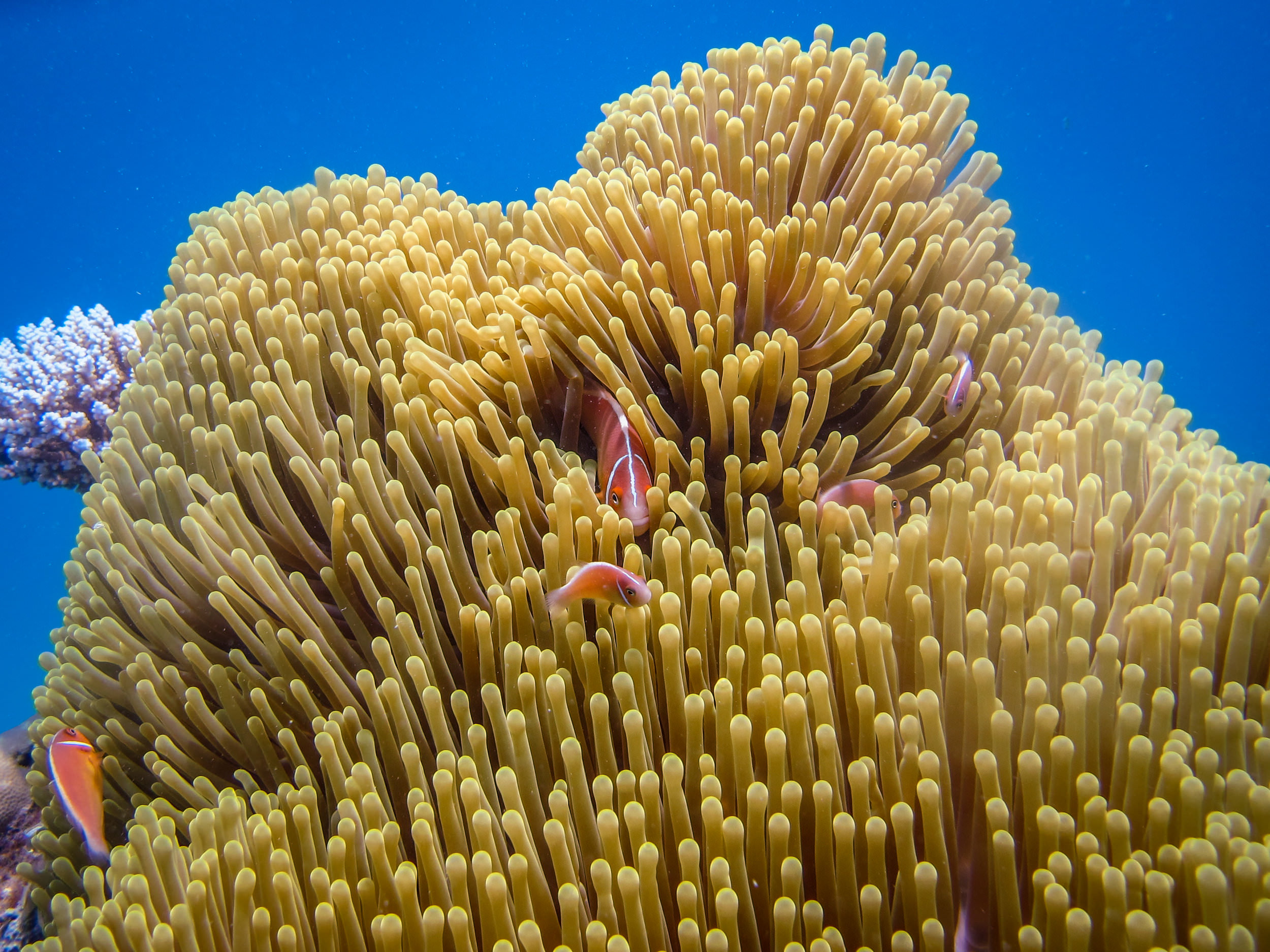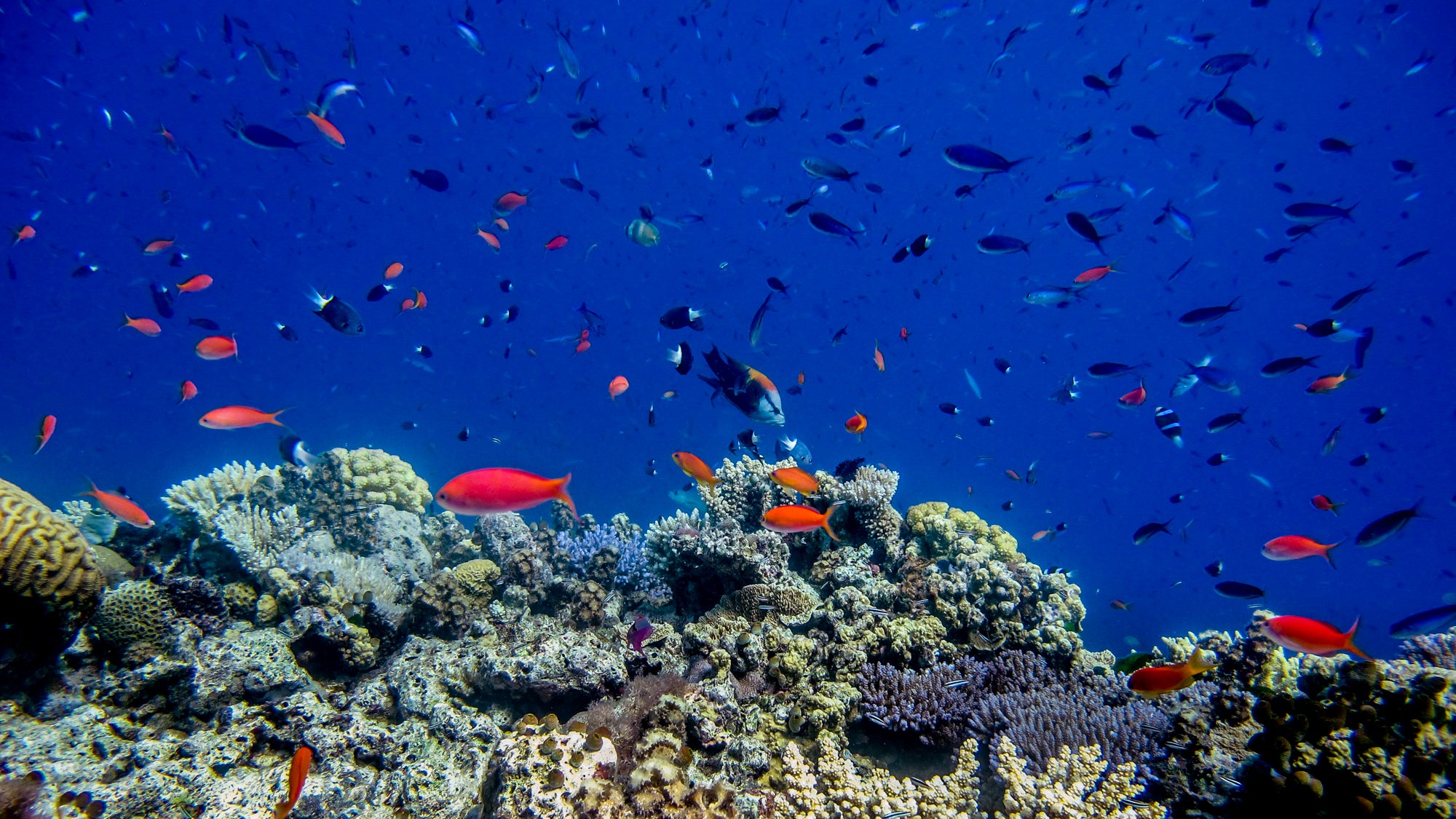Reef Fish Ecology & Evolution
About Us
We are based at James Cook University, Townsville, Australia. Our lab focuses on the study of reef fish ecology, ecosystem function, and resilience. Our approach is eclectic, ranging from molecular phylogenetics and global biogeography to functional morphology and behavioural ecology. Yet, we are all united by a single focus - to understand the role of biodiversity in ecosystem function and to find novel solutions to the problems faced by coral reefs. Our ultimate goal is to understand how coral reefs work, to identify the critical roles of fishes in coral reef ecosystems, and to develop new approaches to reef management that will include people as part of the solution.
Fossils of reef fishes. (A) Brembodus ridens, (B) Pycnosteroides levispinosus, (C) Eorandallius rectifrons, & (D) Chaetodon ficheuri.
Source: Bellwood et al. 2015. The evolution of fishes on coral reefs: fossils, phylogenies and functions. In: Ecology of Fishes on Coral Reefs: The Functioning of an Ecosystem in a Changing World.
THE BELLWOOD LAB NOTICE BOARD
A lined surgeonfish (Acanthurus lineatus). © S.B. Tebbett.
“Reefs as we know them are the consequence of changes in fish feeding abilities.”
Prof. David R. Bellwood



